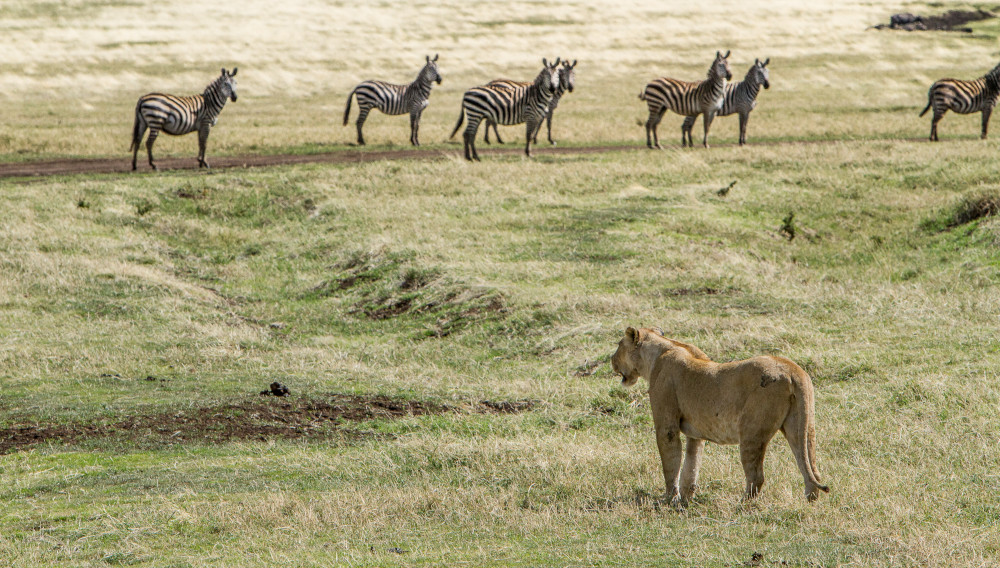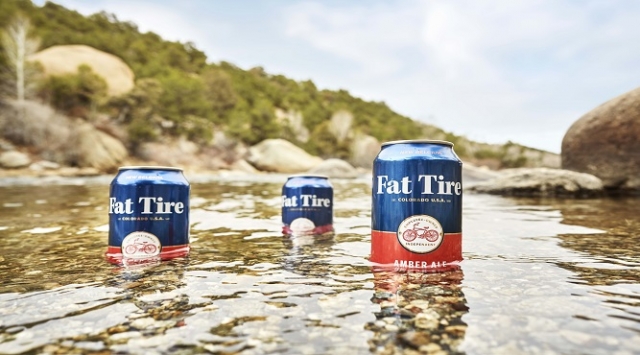Lion’s foray into craft beer
Australia | Japan’s brewer Kirin has tasked its Australian subsidiary Lion with buying craft brewers in the UK and United States. Observers wonder: Is this a coherent and considered strategy, which will prove profitable, or just a case of posting flags on a map?
On the face of it, Kirin is following in the footsteps of AB-InBev and Heineken, which have been busy snapping up craft brewers in order to expand their portfolios of super-premium brands. But here the similarities end.
Whereas the former have been able to integrate the acquired craft brewers into their respective national systems, while expanding their global reach (AB-InBev with Goose Island, Heineken with Lagunitas), Lion’s ventures in the UK (Fourpure, Magic Rock) and the US (New Belgium), plus its four Little Creatures brewpubs, appear to float freely in a universe of their own, providing scant synergies or mutual benefits.
Therefore, it is hard to see how buying a diverse collection of craft brewers and brewpubs can ever consolidate into something meaningful, which will add value and raise profits along the lines of 1+1=3 (the Big Brewers’ formula for successful acquisitions).
Kirin/Lion: doing things differently
The company to take Kirin into craft beer is Lion, Australia’s number two brewer behind Carlton & United Breweries (CUB), which AB-InBev sold to Japan’s Asahi in July 2019. Its unit Little World Beverages has been assigned with the task of building a portfolio of premium, crafted beverages in new markets outside Australia, New Zealand and Japan.
It is easy to dissect Kirin/Lion’s acquisitions as amateurish if compared with the Big Brewers’. Take Lion’s four Little Creatures brewpubs in Singapore (established in 2018), Hong Kong (2016), San Francisco (2019), and London’s Kings Cross (2018). Little Creatures is an Australian craft beer brand, which was fully acquired by Lion in 2012. In the Big Brewers’ marketing books, brewpubs nowadays serve as brand experiences, meant to boost sales elsewhere – in supermarkets and bars. Can Kirin/Lion replicate this tactic even though they lack a stronghold in any of these markets?
Same with Lion’s purchases in the UK. It first took over the south London craft brewer Fourpure (July 2018), followed by Yorkshire’s Magic Rock in 2019. True, all of the UK’s major brewers (Molson Coors, Carlsberg, AB-InBev, Heineken) have acquired local craft brewers. But unlike Kirin/Lion, they have been able to take them to the next level, by incorporating the brands into their national distribution systems.
Building a brewers’ collective in the US
Lion’s biggest deal to date is New Belgium, the 1 million hl US craft brewer, which Lion bought in November 2019. Since 2016, Kirin has owned a 24.5 percent stake in Brooklyn Brewery – an arrangement which has largely benefitted Brooklyn, since it managed to get its beers into Lion’s Australian system.
All eyes now rest on Simon Thorpe, Lion’s North American head, who masterminded the transaction with New Belgium only seven months into the job. His brief is to build a brewers’ collective in the US, in the vein of Duvel Moortgat, the Belgian brewer, whose American CEO he was between 2009 and 2016. Duvel built its US brewery Ommegang in 1997, before embarking on an acquisitions’ course with the purchase of brewers Boulevard (2013) and Firestone Walker (2016). Thanks to Boulevard and Firestone Walker’s rising sales, Duvel ranked as fifth-largest US craft brewer in 2018.
Given Kirin’s willingness to spend big money, Mr Thorpe will go on a shopping spree. That will be the easy bit. At the same time, he will need to stem New Belgium’s sales decline and cut costs. This could prove far more difficult.
Kirin’s past acquisitions: a string of failures
All this is to say that Kirin/Lion’s seemingly indiscriminate power-shopping is over. From now on, everybody will be watching them, not least since Kirin’s past acquisitions often resulted in a destruction of shareholder value.
It will be remembered that, in 2011, Kirin bought Brazil’s family-owned brewer Schincariol in two instalments for USD 3.9 billion. When it sold the loss-making company to Heineken in 2017, it only received USD 700 million.
More value destruction occurred in Australia, where in 2007/2008 Kirin paid AUD 3.7 billion (then USD 3.4 billion) for National Foods and Dairy Farmers, before merging them and spending another AUD 1 billion on a new cheese plant and other upgrades. The outlay came to AUD 4.7 billion. Ten years later, in 2018, the ill-fated dairy and juice combo was put up for sale.
In April this year, Kirin managed to offload the cheese business to Canadian firm Saputo for AUD 300 million. And on 25 November 2019 it sold the residual milk business, known as Lion Dairy and Drinks, to China’s Mengniu for AUD 600 million. A back-of-the-envelope calculation will take the total value destruction to AUD 3.8 billion.
At this stage, we should give Kirin/Lion the benefit of doubt that history does not repeat itself.
Read more about Lion's takeover of New Belgium.


